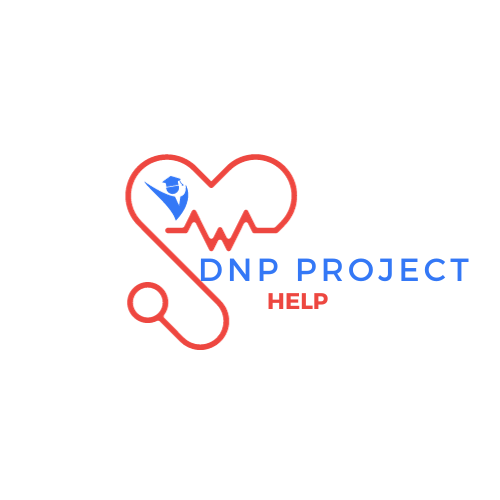
N7302W Translational Science II: Methodology
This is the second course in a series focused on translational science, building on previous learning to help students grow as advanced practice scholars. The course explores key concepts, models, and methods used to translate and apply research evidence into real-world healthcare practice. Students will choose a specific problem and population, and then develop a quality improvement plan that outlines the issue, its importance, the practice setting, and expected outcomes to support a change in practice.
Table of Contents
Course Objectives
- Integration
Apply knowledge and theory from various disciplines to create effective quality improvement plans in healthcare. - Clinical Judgment
Use the Clinical Judgment Model to guide the development of quality improvement plans. - Assessment, Diagnosis, Planning, and Coordination
Use advanced practice skills in assessment, decision-making, and coordination to design quality improvement plans that improve health outcomes. - Intervention and Evaluation
Use best practices, policies, and data to support the development and evaluation of quality improvement plans. - Population Health
Apply public health principles, equity, and advocacy to improve population health through quality improvement planning. - Translational Science
Use research, quality improvement methods, and evaluation tools to design effective improvement strategies. - Research Ethics
Apply ethical principles to ensure responsible research and quality improvement planning. - Quality and Safety
Incorporate quality and safety principles into the development of improvement plans in healthcare. - Communication and Collaboration
Use team communication and collaboration to strengthen quality improvement efforts. - Systems Thinking
Identify and apply system-wide, evidence-based strategies to support healthcare improvements. - Informatics
Use technology ethically and effectively to support the development of quality improvement plans. - Professionalism and Ethics
Demonstrate accountability, ethical behavior, and professionalism in all aspects of quality improvement work. - Professional Growth
Show growth as an advanced practice scholar through behaviors that support professional development. - Leadership
Apply leadership and management skills to guide the development of healthcare improvement initiatives.
Modules
Week 1: Translational Science Framework and Systems Context
The final module of N7301 last semester included resources and sample papers written using the SQUIRE format.
Assignments
The Introduction section of your DNP project, written in SQUIRE format, should be submitted for grading by your advisor.
| SQUIRE Introduction section | |||
| Criteria | Ratings | Pts | |
| This criterion is linked to a learning outcome Problem description -Describes the nature and significance of the local problem of system dysfunction identified for the DNP Project. -Describes the characteristics of organizations or microsystems in which the QI project is to be done. | 25 Pts Full Marks | 0 Pts No Marks | 25 pts |
| This criterion is linked to a learning outcome Available knowledge -Summarizes current knowledge of the problem, including relevant previous studies -Provides a brief global or national summary of current knowledge of the overall problem being addressed | 25 Pts Full Marks | 0 Pts No Marks | 25 pts |
| This criterion is linked to a learning outcome Rationale -Describes informal or formal frameworks, models, concepts, and/or theories used to explain the problem,-any reasons or assumptions that were used to develop the intervention(s),-reasons why the intervention(s) is expected to work | 25 Pts Full Marks | 0 Pts No Marks | 25 pts |
| This criterion is linked to a learning outcome Specific aim -Describes specific aim (changes/improvements in processes and/or outcomes) of proposed intervention -Specifies who (champions, supporters) and what (events, observations) triggered decision to make changes, and why now (timing) | 25 Pts Full Marks | 0 Pts No Marks | 25 pts |
| Total points: 100 | |||


